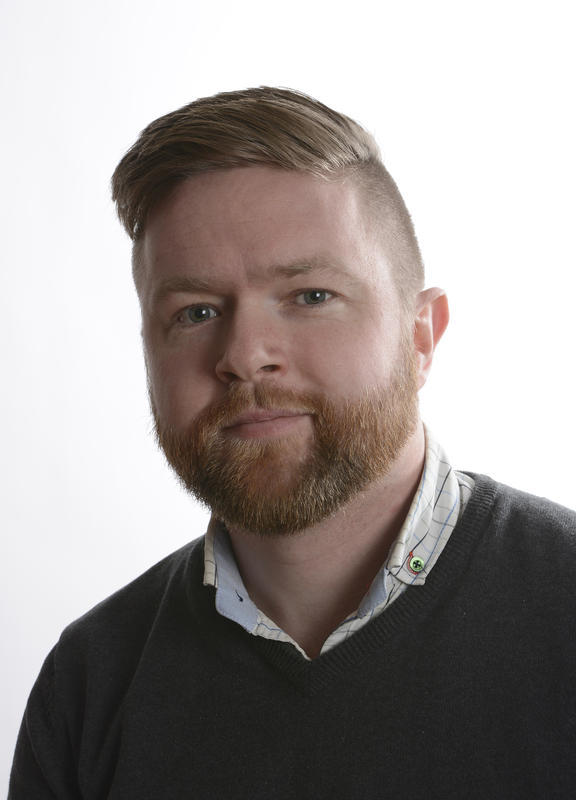Ph.d.-profil: Johannes Sandvik Førde
Organizing for internal security and crisis management: A comparative study of central agencies in Norway, Sweden and Germany.
Hovedinnhold
My PhD-project is an effort to study how Norway, Sweden and Germany organize to deal with the policy field of internal security and crisis management.
This is a policy field that can be labeled as a wicked problem. Such problems can be understood as especially complex, cross cutting and difficult problems for a society. They are complex in the sense they go across the normal sectorial lines and pressure actors to cooperate that doesn’t normally do so. They are filled with a large degree of uncertainty since it is no clear solution, unclear consequences, and it is continuously changing. Wicked problems often contains a degree of ambiguity, the different actors involved will view the problem from different perspectives, and have different solutions to the problem (Head 2008). Therefore to solve these crises the classical hieratical model of steering will be put under pressure, and one get the need for a multi-level approach with cooperation between levels of government, and between different sectors.
Trying to deal with these wicked problems the three countries of my PhD-project have established and/or re-organized what I have chosen to call coordinating agencies. Agencies that have a special coordinating role in the vast network that is the policy field of internal security and crises management. These agencies being: The Norwegian Directorate for Civil Protection (DSB), the Swedish Civil contingencies Agency (MSB), and the Federal Office of Civil Protection and Disaster Assistance (BBK) in Germany.
In my project I will ask; how are these agencies organized? How do they work? Is there any differences in this between Norway, Sweden and Germany, and if there is; why? It will then be interesting to look on both structure and process. Especially in relation to how they deal with the task of coordinating a policy field that could be classified as and wicked problem. Paraphrasing the book “Bureaucracy” by James Q. Wilson (1989) my project could be called: “what coordinating agencies do, and why they do it.”
Research group: Political Organization and Multi Level Governance
